Our children’s health is very important. And if they are not feeling their best, they may not be able to function as they should at school or in other activities. Among some of the most common ailments that kids have today include learning disabilities, insomnia, and hyperactivity.
Are you concerned about your child’s school performance? If yes, then it’s time to start talking about vitamins to help children’s concentration. There are several vitamins for kids to improve their concentration, their brain health, and memory which we will discover together in this article.
Contents
- 1 How does a Healthy Diet Affect Children’s Concentration?
- 2 What Nutrients and Vitamins to Help Children’s Concentration?
- 2.1 Vitamin B12 – What It Does To Your Kid’s Brain Functions
- 2.2 Vitamin D – The Vitamin That Promotes Healthy Cognitive Development
- 2.3 Vitamin C – Essential for a Healthy Heart & Brain
- 2.4 Vitamin A – One of the many Vitamins to Help Children’s Concentration
- 2.5 Vitamin E – This Vitamin has many Benefits for the Brain
- 2.6 Iron – an Essential Nutrient
- 2.7 Omega3 Fatty Acids
- 3 Tips to Improve Your Child’s Focus
How does a Healthy Diet Affect Children’s Concentration?
A healthy diet can help kids’ focus and cognitive function by providing them with the nutrients they need to think clearly and concentrate on their schoolwork.
According to a study published in the “British Journal of Nutrition” in 2014, children whose diets were rich in vegetables and fruits performed better in tests of memory and attention than those whose diets were lacking in these nutrients. They have high energy levels and perform better in school, they are also less likely to get sick since they built a strong immune system.
Fruits, vegetables, and other nutrient-rich foods are packed with vitamins, minerals, and other compounds that can improve brain function, concentration, and brain development for your child.
But what brain foods are the best for your child’s brain and concentration?
What Nutrients and Vitamins to Help Children’s Concentration?
There are a few different minerals and vitamin supplements for kids to include in your child’s diet for healthy brain function and improved concentration. The most important ones are:
Vitamin B12 – What It Does To Your Kid’s Brain Functions
B vitamins play important roles in children’s brain development, and deficiencies can cause problems with learning, focusing, and memory.
Vitamin B12 is a water-soluble vitamin that is essential for the normal functioning of the brain and for a healthy nervous system. It is also important for the formation of red blood cells.
A child deficient in vitamin B-12, can suffer brain deterioration and delayed development, anemia, and cognitive impairment. This nutrient is found naturally in eggs, fish, meat, poultry, and dairy products. It can also be found in fortified foods such as breakfast cereals.
About 300 micrograms of vitamin B12 are recommended daily for healthy adults and children over the age of one. Children aged six months to two years old require only half this amount, while those from two to five years need only a third of this amount.
Vitamin D – The Vitamin That Promotes Healthy Cognitive Development
Vitamin D is essential for maintaining optimal cognitive health. It helps keep brain cells strong and healthy, protect the brain from age-related damage, and promotes the growth and development of new neurons. Vitamin D also enhances cognitive function by increasing the production of important neurotransmitters, including serotonin and dopamine.
Natural sources of vitamin D include sunshine, fatty fish (such as salmon, tuna, and mackerel), mushrooms, fortified foods (such as dairy products, orange juice, and cereals), and supplements.
It is often hard for parents to make sure their children are getting enough Vitamin D from diet and sun exposure alone, which is why some parents opt to give their children a daily supplement.
The American Academy of Pediatrics recommends that children and infants should receive at least 400 IU of Vitamin D per day, and the Institute of Medicine recommends 600 to 800 IU for all other ages.
Vitamin C – Essential for a Healthy Heart & Brain
Vitamin C is a water-soluble vitamin and is also known as ascorbic acid. It is necessary for the body to form collagen, a protein that is essential for healthy skin, cartilage, tendons, ligaments, and blood vessels. Vitamin C is also involved in the absorption of iron from food.
A lack of vitamin C can lead to a weakened heart and brain. Children who do not get enough vitamin C are at risk for developing scurvy, a disease that causes bruising, bleeding gums, and fatigue.
Good sources of vitamin C include citrus fruits, green vegetables, and fortified foods.
The recommended daily allowance for vitamin C is 75-90 mg/day.
Vitamin A – One of the many Vitamins to Help Children’s Concentration
Vitamin A is a nutrient found in many foods. It is important for growth and development, especially in children. It is also important for the health of the brain. In addition, vitamin A is needed for cell division and healthy vision.
Vitamin A is found in animal products, including liver, eggs, butter, and some dairy products. It can also be obtained by eating yellow-orange vegetables and fruits such as carrots, sweet potatoes, squash, apricots, cantaloupe, mangoes, and papayas.
Vitamin A deficiency can lead to night blindness, dry skin, and hair loss.
The American Academy of Pediatrics recommends that children receive 400 IU (international units) of vitamin A daily.
Vitamin E – This Vitamin has many Benefits for the Brain
Vitamin E is one of the essential nutrients to help children’s concentration. It is a fat-soluble vitamin that helps in the reduction of the risk of Alzheimer’s disease, dementia, and Parkinson’s disease. It also works as an anti-inflammatory agent that is helpful in reducing pain and swelling, improving blood circulation, and preventing cancerous cells from growing.
Vitamin E is found in many fruits and vegetables like nuts, eggs, spinach, green tea leaves, and sunflower seeds. There are also a number of vitamin E supplements available in the market today, which can be taken by adults and children alike.
The general daily recommendation for vitamin E is 15 milligrams (mg).
Iron – an Essential Nutrient
bodies. Iron is also important for the transportation of oxygen throughout the body. Without enough iron, children can become tired and weak.
A lack of iron can lead to a child feeling tired and unfocused. By ensuring that your child has enough iron in their diet, you can help them to stay alert and focused in school. One food source of iron is meat. Other foods that contain iron include dried beans and peas, dried fruit, nut butter and molasses, and whole-grain cereals.
Omega3 Fatty Acids
There are many health benefits to consuming omega-3 essential fatty acids. Omega-3s are important for heart health, cognitive function, and joint health, among other things. Some of the best sources of omega-3s include fatty fish like salmon and sardines, as well as chia seeds, flaxseeds, and walnuts.
There is some evidence that omega-3 fatty acids may improve children’s concentration. One study found that children who took omega-3 supplements had better reading and spelling skills than those who did not take the supplements.
Tips to Improve Your Child’s Focus
A child’s ability to focus is critical in their early years as it sets the foundation for their success in school and beyond. Here are some tips to help improve your child’s focus:
- Establish a routine for your kid and stick to it.
- Follow a healthy diet.
- Make sure your child gets enough sleep.
- Encourage your child to participate in physical activity.
- Set aside time for your child to complete homework.
- Help your child develop good study habits.
- Provide encouragement and positive reinforcement.
- Limit distractions in your child’s environment.
By following these tips, you can help your child become more focused and achieve success in school.
Read more about:
Magnesium for Kids: What Parents Need to Know About Magnesium Supplements
Biotin for kids: How Do Hair Vitamins Promote Good Health in Children?

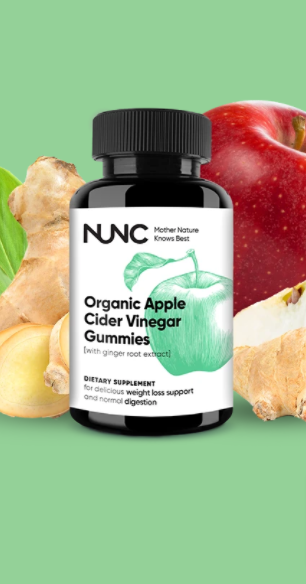


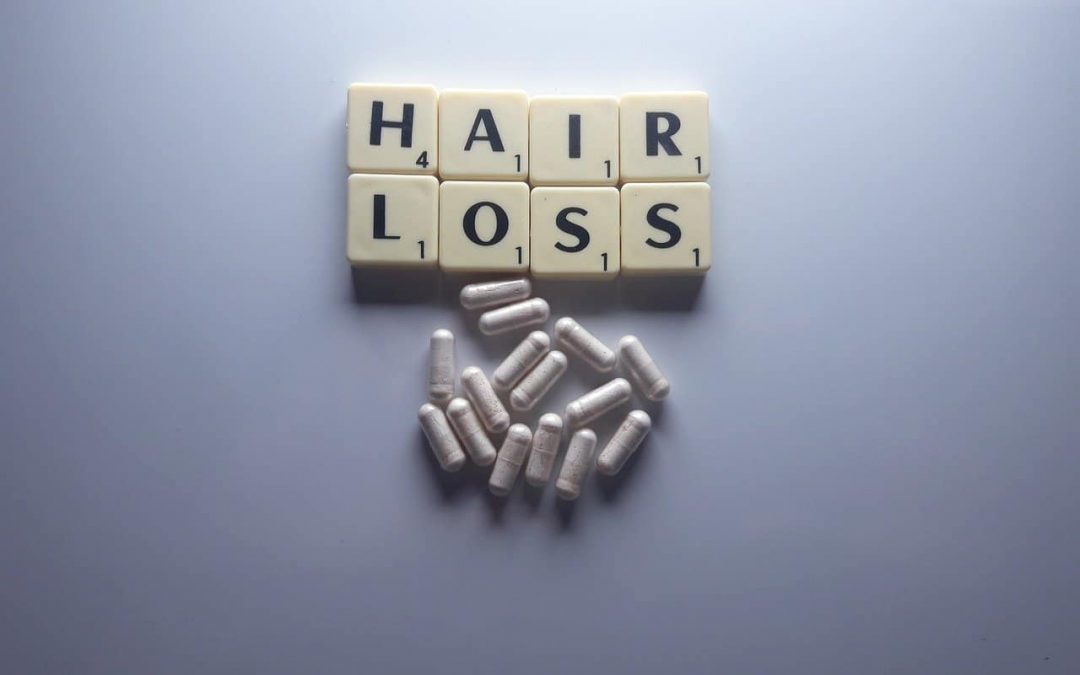
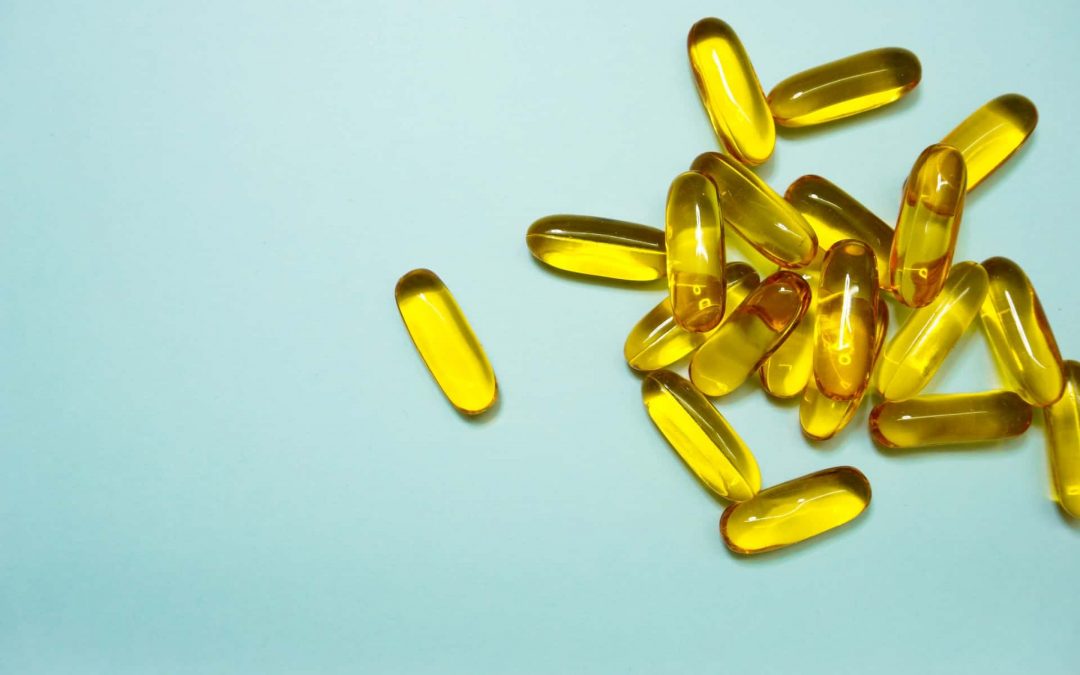
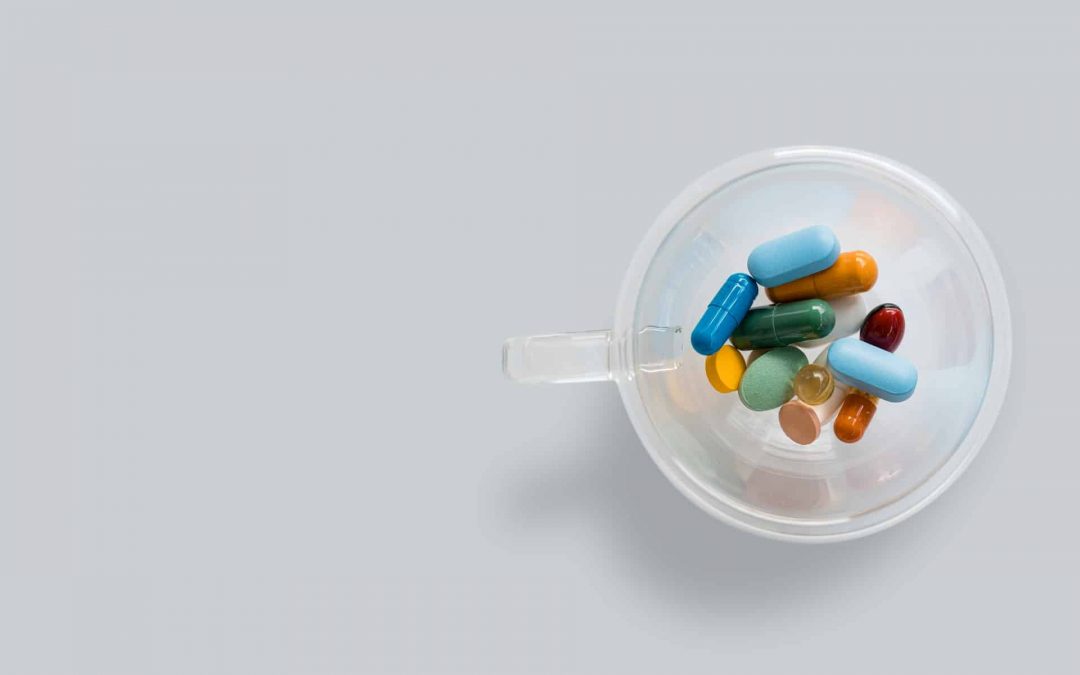

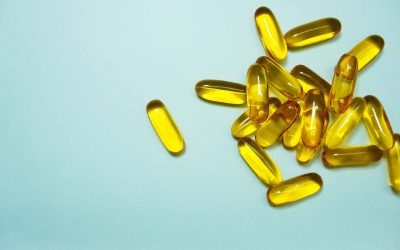


0 Comments